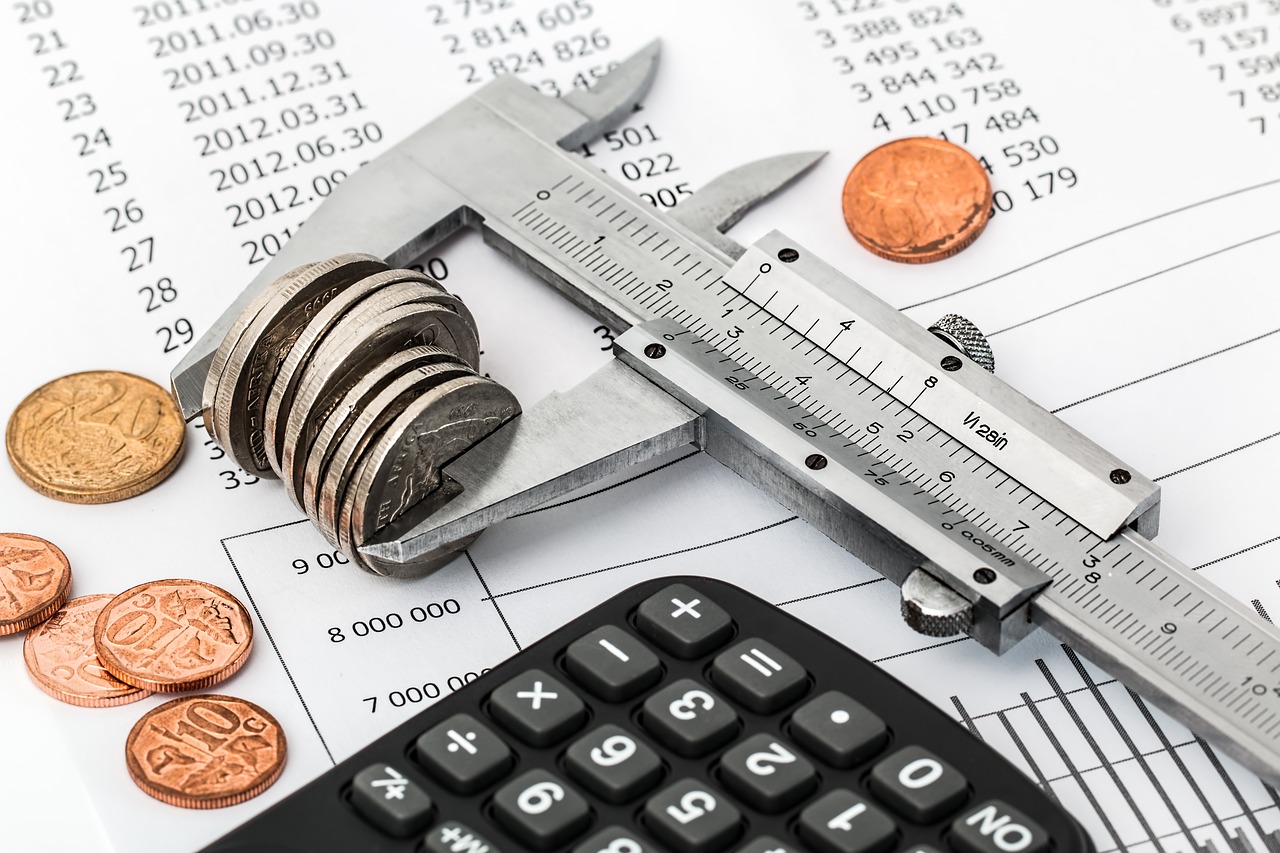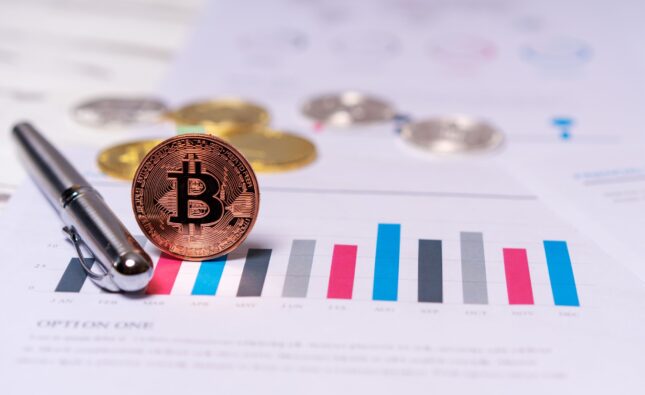 The world currently faces one of the worst economic times and a potential recession in the history of humankind. Unfamiliar with the term? Check the term writing paper help site for insights related to recessions besides the other recent occurrences when it comes to economic recessions.
The world currently faces one of the worst economic times and a potential recession in the history of humankind. Unfamiliar with the term? Check the term writing paper help site for insights related to recessions besides the other recent occurrences when it comes to economic recessions.
The Covid-19 health pandemic has had a significant impact on the financial flow from an individual level to the macroeconomic level. Many businesses and companies have folded, while others have readjusted their workforce programs. Consequently, this has led to massive layoffs and a loss of income for many households.
All this, coupled with an uncertain financial or economic future, requires individuals to reduce their expenditure to not only stay healthy but stay afloat as well. So how can you cut down on expenditure effectively?
Effective Ways of Reducing Your Expenditure
- Compare your income VS your expenditure list to have a clear picture of where you have missed the point over the years. Eliminate any unnecessary expenditure and streamline your balance to stay afloat. Ensure your expenses rank below what you generate as your income.
- Cater for the unexpected. Most individuals have indeed learned the hard way when it comes to the unexpected happening. For you to avoid taking a financial hit next time, it’s appropriate to take a specific proportion of your income each month, and dedicating it to handle unforeseen circumstances in the future. Ensure it ranges around 10% of your total household income.
- Trim your expenses. You have to scrutinize each expense intensively and together with your family. It will assist you to understand every penny and where they go to eliminate unnecessary expenditures. Such an awareness will help the whole family prioritize their essential needs and timing of those needs when they arise.
- Examining your interest rates. Consider and re-examine the rates you currently have to pay in terms of interest for specific things like car insurance. Additionally, deliberate if you have any opportunity of getting better deals elsewhere, the capacity to repay, and the opportunity of renegotiating with your creditor. For instance, it makes no sense to continue remitting the same rates for car insurance when the car stays parked at home.
- Bond holidays. It has to get scrutinized properly, as recklessness can lead to repayment of the same interest vacated during the holiday upon the lapse of the holiday. Further, use the money if you must take it on things that don’t prove recurrent expenditure or expenses in general.
- Focus on capital expenditure instead of current expenditure when it comes to borrowing. Capital expenditure will always yield results, especially, when repaid fast enough to reduce the interest as they prove long term investment. Current expenditure, on the other hand, will always leave you in a position of vulnerability as you will have to repay the credit together with the interest, unlike capital expenditure where the loan repayment only covers the interest in the long run.
- Acquire a credit card consolidation loan for all your debts. Consolidation of debt always allows you to manage it effectively.
Conclusion
You always have to look at your budget expenses wholesomely. Every small financial action or decision you make now can influence your expenditure, now and in the future.







